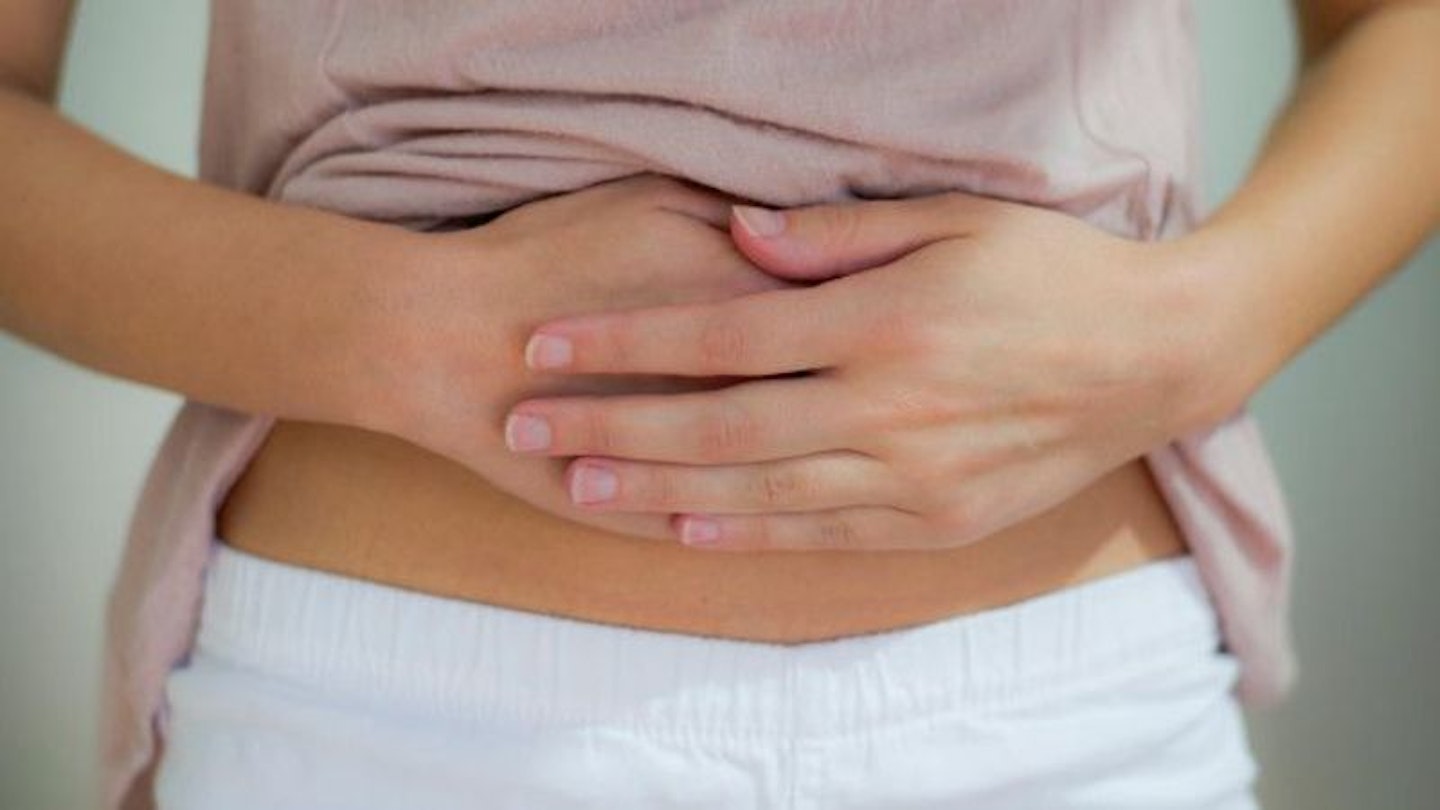While we all wish we were really chilled out all year round, female bodies pump out hormones month-to-month that can make us often a bit off just before or around our periods. PMS is a real thing, and symptoms can range from cramps and tummy aches through to mood swings, crying and irritability.
If it's really bad, go and see your doctor just in case you have premenstrual dysphoric disorder - which is so bad it can stop you getting on with normal life. For many, though, it's just something we have to manage, and something that can confuse partners who don't know the ins and outs of PMS.
Thankfully, period tracking app Clue have done some research into everything you need to know about your monthly changes. Print this out and show your partner next time you're on the sofa with a hot water bottle. Or just point at the screen.
The shape of your boobs may vary
Breast shape varies throughout the cycle. Some people feel swelling during period time, while others feel swelling around ovulation. Swelling or enlargement is great for some but painful for others - especially if you've got large breasts to begin with. As well as shape, breast sensation (including nipple sensitivity) may also vary throughout the cycle. So sometimes you may be up for boob-play, and sometimes you want them to be left the heck alone, which understandably, can be confusing for your partner!
Skin is more prone to breakouts during PMS
Your skin’s appearance also changes in response to hormonal variations throughout the cycle, and breakouts happen before your period - make sure you take care of your skin at the appropriate times. If you know what's coming you can make sure you drink plenty of water and have some emergency spot cream to hand (or just a blob of toothpaste left on overnight - that works too!).
Cervical fluid (aka vaginal discharge) changes throughout the cycle
Sometimes the discharge is sticky and sometimes it’s slippery and egg-like in consistency. Basically, nobody should panic if stuff down there changes. The egg-like discharge usually occurs around ovulation - and there is a practical reason for this, as it helps the sperm reach the egg. Who knew?!
Energy levels change throughout the cycle
During certain phases of the cycle, our bodies need more fuel (read: Nutella out of the jar) and cravings can change throughout the month - many women want more comfort food during their periods, so might be worth having some sausage and mash nights in. Exhaustion is a common symptom of pre-menstrual syndrome, so if they're wondering why you're tired all the time - it's because of your period!
Sex drive may rev up at certain times of the cycle
Definitely one for your partner - an increase in sex drive is especially common around the fertile window. Some people also experience heightened sex drive during menstruation (and hey, period sex may also relieve cramping!) - again this is different for all women. And you might need to put a towel down.
Hormonal birth control diminishes these fluctuations
Hormonal birth control (HBC) halts ovulation and providing it has been effective and taken consistently, completely removes the fertile window of the cycle. For many, HBC also diminishes variations in sex drive, premenstrual symptoms and other symptoms of the cycle - although some people also react badly to the hormone changes and this means they’re better not taking HBC at all. So if you find yourself having worse symptoms while taking the pill, then go see your doctor to chat about other methods of contraception.
READ MORE
[Cryptic pregnancy: the key signs](http://site: lifestyle.one/closer menstruation)
